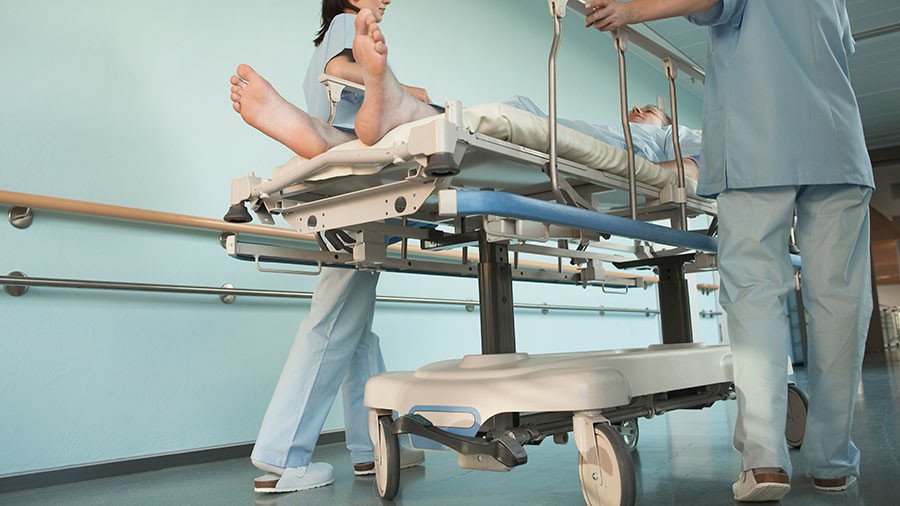Night shift work poses increased cancer risk to women – study

A new broad-ranging analysis of cancer risks across four continents has found a disturbing increase in the risk of breast, skin and gastrointestinal cancer in women who work night shifts over a long period of time.
The overall risk of cancer among all of the participants increased by 19 percent. In terms of specific cancers, the study found a 41 percent increase in skin cancer risk, 32 percent increase for breast cancer and an 18 percent increased risk of contracting gastrointestinal cancer than women who did not perform long-term night shift work.
Published in the journal Cancer Epidemiology, Biomarkers & Prevention, a journal of the American Association for Cancer Research, the research was led by Xuelei Ma, an oncologist at Sichuan University in Chengdu, China.
Previous meta-analyses focused on the heightened risk of female night workers contracting breast cancer as opposed to multiple different types of cancer, as breast cancer is the most diagnosed among women around the world. By casting the net wider, Ma analyzed the risks posed by almost a dozen types of cancer to women who work nights.
Ma and his colleagues conducted an analysis of data taken from 61 articles comprising a total of 114,628 cancer cases and 3,909,152 participants from North America, Europe, Australia and Asia. Each of the studies was analyzed for an association between prolonged night shift work and increased susceptibility to 11 types of cancer.
Iridium wiped out dinosaurs & could now treat cancer - study https://t.co/81XzEZyjtI
— RT (@RT_com) November 3, 2017
When dividing up the study geographically, Ma and her team found that only women in North America and Europe faced a heightened risk of breast cancer.
"We were surprised to see the association between night shift work and breast cancer risk only among women in North America and Europe," said Ma. "It is possible that women in these locations have higher sex hormone levels, which have been positively associated with hormone-related cancers such as breast cancer."
In terms of industries that employ women overnight, nursing is a stand-out example with a 58, 35 and 28 percent increased risk of contracting breast, gastrointestinal and lung cancer, respectively. Out of all occupations covered in the study, nurses faced the highest risk of contracting breast cancer.
"Nurses that worked the night shift were of a medical background and may have been more likely to undergo screening examinations," noted Ma. "Another possible explanation for the increased cancer risk in this population may relate to the job requirements of night shift nursing, such as more intensive shifts."
Aging & cancer are two inescapable realities of life: Humans will never be immortal, study says https://t.co/bfzpZ3YeVppic.twitter.com/4HGnHeq2p3
— RT (@RT_com) November 5, 2017
The researchers also noted that the risk of breast cancer increased by 3.3 percent for every five years of night shift work.
"Our study indicates that night shift work serves as a risk factor for common cancers in women," said Ma. "These results might help establish and implement effective measures to protect female night shifters. Long-term night shift workers should have regular physical examinations and cancer screenings.”
"Given the expanding prevalence of shift work worldwide and the heavy public burden of cancers, we initiated this study to draw public attention to this issue so that more large cohort studies will be conducted to confirm these associations," she concluded.














